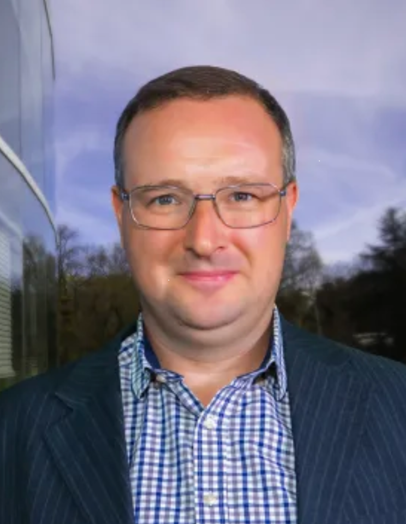Abstract
Space is crucial to many aspects of modern life, both in the civilian and military domains. Any act that threatens the good functioning of space systems could have severe consequences for life on earth. Threats to these space systems that we all rely on are increasing. From a strategic perspective, space systems have never been more important. The major space faring nations, many of whom are also nuclear possessor states, rely on space systems in three key areas:
1) nuclear command, control, and communications;
2) monitoring of arms control agreements; and
3) global positioning for their militaries
Space systems are vulnerable though. To kinetic attacks from earth or in space or from space to earth. To non-kinetic attacks, such as jamming, spoofing, or cyber-attacks. Space has been used by militaries for decades, but the recent massive expansion of the role of the private sector in the militarisation of space, seen in particular through the development of mega-constellations, is throwing up yet more security challenges. At the same time, the inter-governmental discussions on space security have been severely hampered by the geopolitical situation and competing visions amongst the major powers on how to address the threats. Space security governance thus funds itself at a critical inflection point.
This seminar will discuss the prospects for reaching agreements on new regulation and management of space activities.
About the Speaker
Simon Cleobury is Head of Arms Control and Disarmament at the Geneva Centre for Security Policy. He is a former British Deputy Disarmament Ambassador (2017 – 2023), where he represented the UK at the Conference on Disarmament and other disarmament fora in Geneva. Prior to that he worked in the Security Council Team and then the Peacebuilding Team at the UK Mission to the UN in New York (2012 – 2016). Prior to his diplomatic career, he was a corporate lawyer with global law firm Baker McKenzie. Simon obtained a Bachelor’s degree in Modern History at University College London and a Master’s Degree in Historical Research from Oxford University. He studied law at BPP Law School, London.



 Add to Google calendar
Add to Google calendar
 Add to Outlook calendar
Add to Outlook calendar

